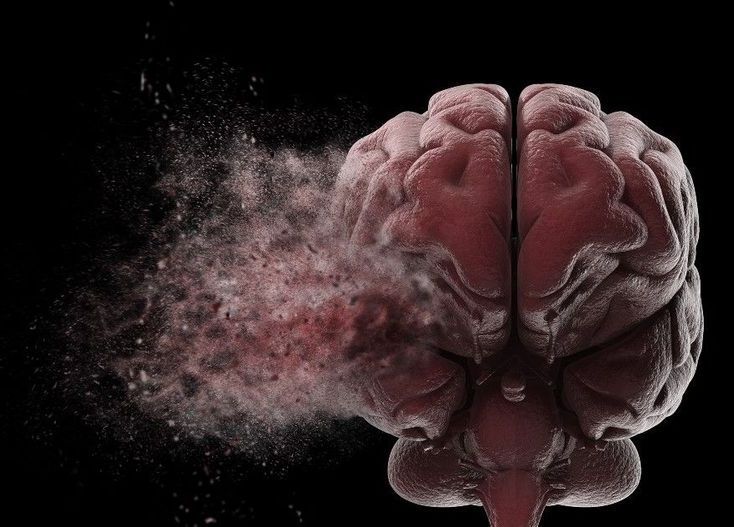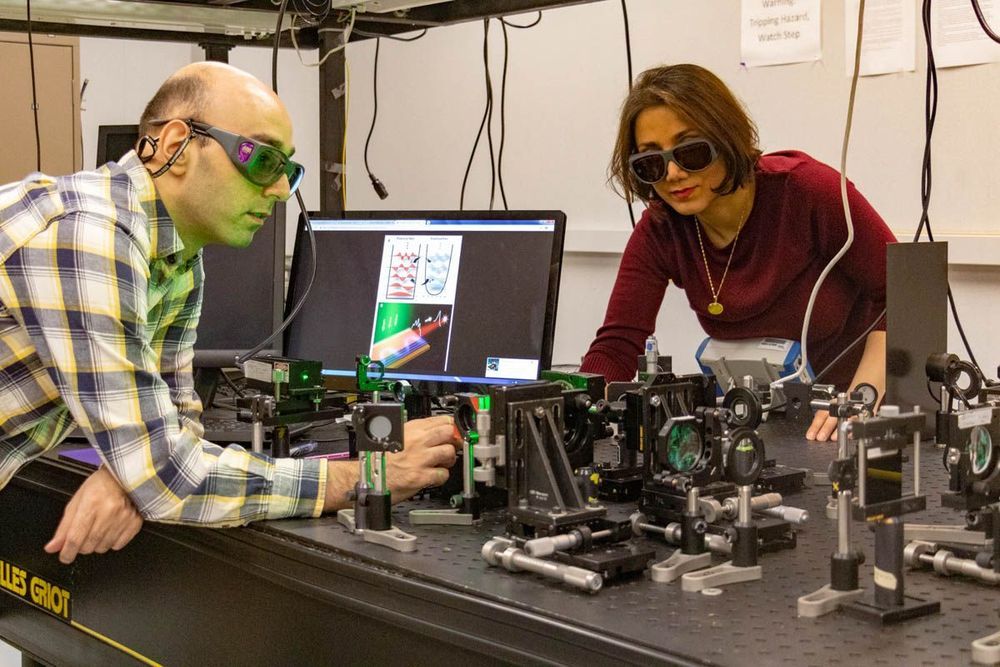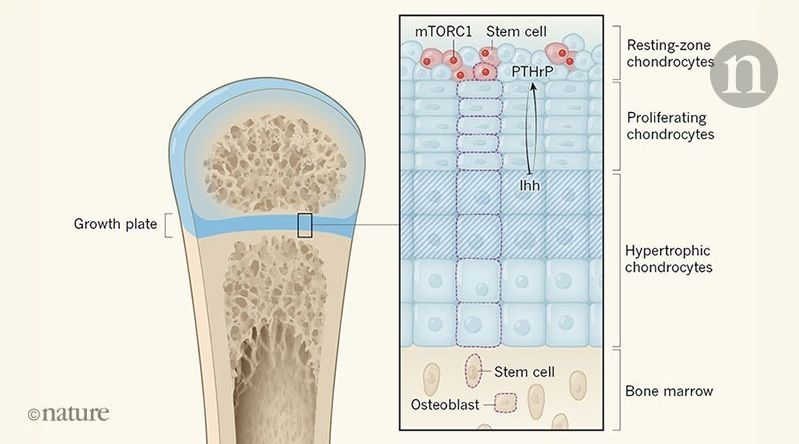Doctors removed one-sixth of this child’s brain — and what was left did something incredible.



A team of University of Central Florida researchers has overcome a long-standing problem in laser science, and the findings could have applications in surgery, drilling and 3D laser mapping.
Using the principle of supersymmetry, they have developed the first supersymmetric laser array. Their findings were published recently in the journal Science.
Supersymmetry is a conjecture in physics that says every particle of matter, such as an electron, has one or more superpartners that is the same except for a precise difference in their momentum.

The is ideal for deep learning application developers and data scientists seeking a faster and efficient deep learning training workflow for various industry verticals such as Intelligent Video Analytics (IVA) and Medical Imaging. Transfer Learning Toolkit abstracts and accelerates deep learning training by allowing developers to fine-tune NVIDIA provided pre-trained models that are domain specific instead of going through the time-consuming process of building Deep Neural Networks (DNNs) from scratch. The pre-trained models accelerate the developer’s deep learning training process and eliminate higher costs associated with large scale data collection, labeling, and training models from scratch.
The term “transfer learning” implies that you can extract learned features from an existing neural network and transfer these learned features by transferring weights from an existing neural network. The Transfer Learning Toolkit is a Python based toolkit that enables developers to take advantage of NVIDIA’s pre-trained models and offers technical capabilities for developers to add their own data to make the neural networks smarter by retraining and allowing them to adapt to the new network changes. The capabilities to simply add, prune and retrain networks improves the efficiency and accuracy for deep learning training workflow.

Korean researchers have been experimenting further in the bioprinting of tracheal implants, publishing recent results in ‘Trachea with Autologous Epithelial Cells and Chondrocytes.’ The team of scientists details their use of polycaprolactone and hydrogel mixed with nasal epithelial and auricular cartilage cells.
After bioprinting an artificial trachea with these materials and tissue, they transplanted them into 15 rabbits, six of which were a control group. The goal was to find a way to overcome tracheal problems due to tumors, the most common of which are adenoid cystic carcinomas and squamous cell carcinomas. Previously there have been substantial challenges in creating viable tracheas that are anatomically correct and can produce a ciliated epithelium. Issues have arisen with infection, implants that become dislodged, have migrated, or experienced obstruction.

Over the last three years, Google and Verily—Alphabet’s life sciences and healthcare arm—have developed a machine learning algorithm to make it easier to screen for disease, as well as expand access to screening for DR and DME. As part of this effort, we’ve conducted a global clinical research program with a focus on India. Today, we’re sharing that the first real world clinical use of the algorithm is underway at the Aravind Eye Hospital in Madurai, India.
Google and Verily share updates to their initiative to diagnose diabetic eye disease leveraging machine learning.
Meanwhile, LIVE in Hollywood, FL today.
Brian Manning Delaney will join us with a presentation on “Navigating the Labyrinth of Dietary Restriction Methods.“
Followed with an Age Reversal Update by William Faloon.
William Faloon compiled the 1,500-page medical reference book Disease Prevention and Treatment, and his latest book is Pharmocracy: How Corrupt Deals and Misguided Medical Regulations Are Bankrupting America—and What to Do About It. He is also Director and Co-founder of the Life Extension Foundation.
To promote Life Extension’s innovative medical concepts, William Faloon has been featured in hundreds of media appearances including The Phil Donahue Show, The Joan Rivers Show, Tony Brown’s Journal, ABC News Day One, and Newsweek magazine.
Church of Perpetual Life, a science-based church is open to people of all faiths & belief systems. We are non-denominational & non-judgmental and a central gathering place of Transhumans. What unites us is our common faith, belief, and desire in Unlimited Life Spans.


For the first time, researchers have demonstrated a way to map and measure large-scale photonic quantum correlation with single-photon sensitivity. The ability to measure thousands of instances of quantum correlation is critical for making photon-based quantum computing practical.
In Optica, The Optica l Society’s journal for high impact research, a multi-institutional group of researchers reports the new measurement technique, which is called correlation on spatially-mapped photon-level image (COSPLI). They also developed a way to detect signals from single photons and their correlations in tens of millions of images.
“COSPLI has the potential to become a versatile solution for performing quantum particle measurements in large-scale photonic quantum computers,” said the research team leader Xian-Min Jin, from Shanghai Jiao Tong University, China. “This unique approach would also be useful for quantum simulation, quantum communication, quantum sensing and single-photon biomedical imaging.”

Questions about using technologies like CRISPR to gene edit human embryos gained immediacy last month, when Chinese scientists claimed to have edited the genes of two babies in order to protect them against HIV — a move that prompted an international outcry, but also questions about when the technology will be ready for human testing.
“People appear to realize there’s a major question of how we should oversee and monitor use of this technology if and when it becomes available,” Columbia University bioethicist Robert Klitzman told the AP of the new research. “What is safe enough? And who will determine that? The government? Or clinicians who say, ‘Look, we did it in Country X a few times and it seems to be effective.
READ MORE: Poll: Edit baby genes for health, not smarts [Associated Press].

“It’s dangerous to directly correlate things like, ‘This is a brain!’” Gimzewski told ZDNet. “It’s exhibiting electrical characteristics which are very similar to a functional MRI of brains, similar to the electric characteristics of neuronal cultures, and also EEG patterns.”
READ MORE: Neuromorphic computing and the brain that wouldn’t die [ZDNet]
More on brain-like circuitry: Brain-Based Circuitry Just Made Artificial Intelligence A Whole Lot Faster.